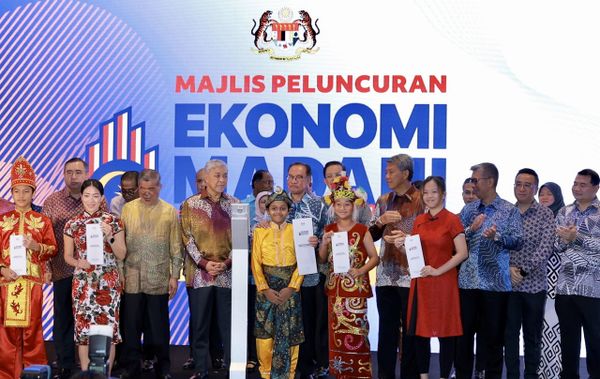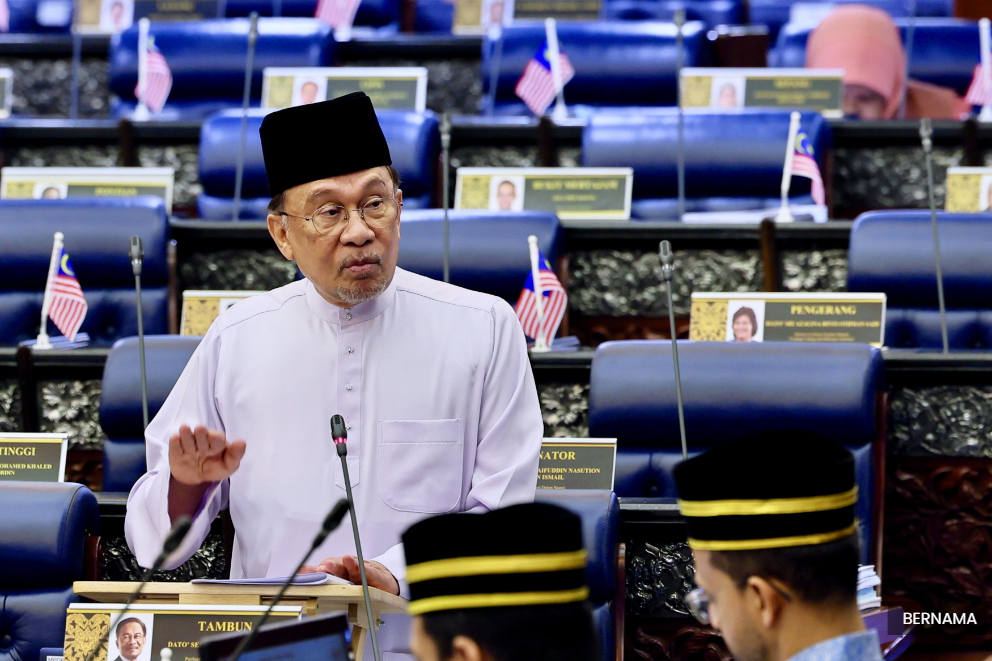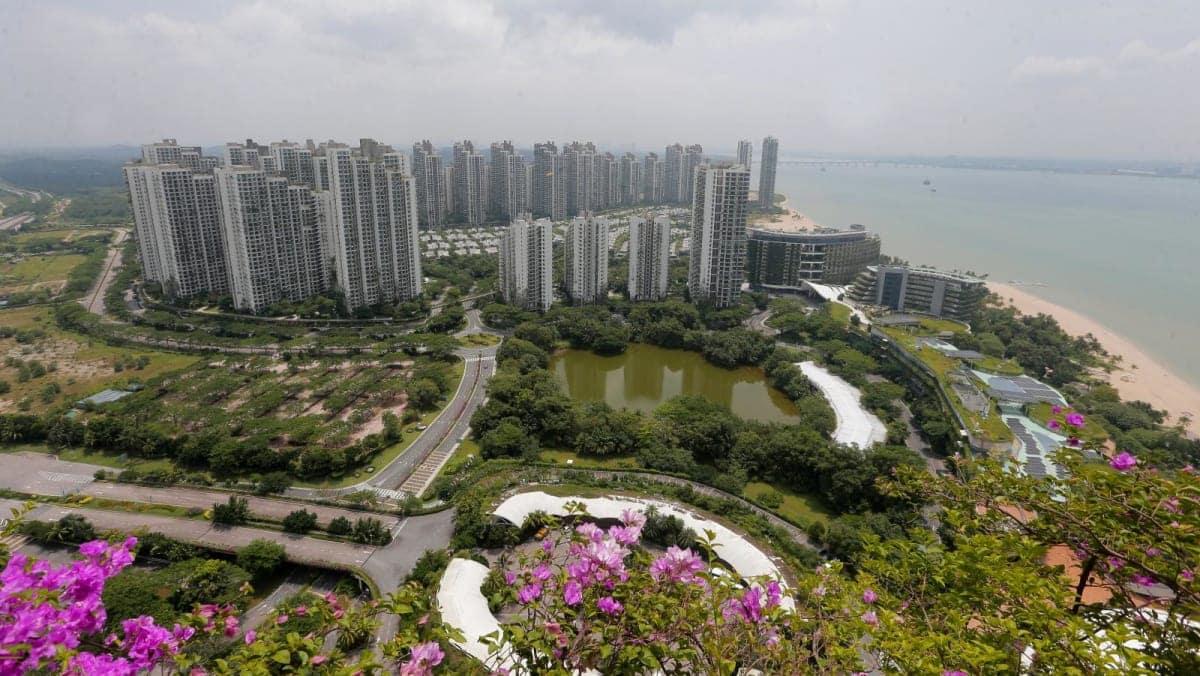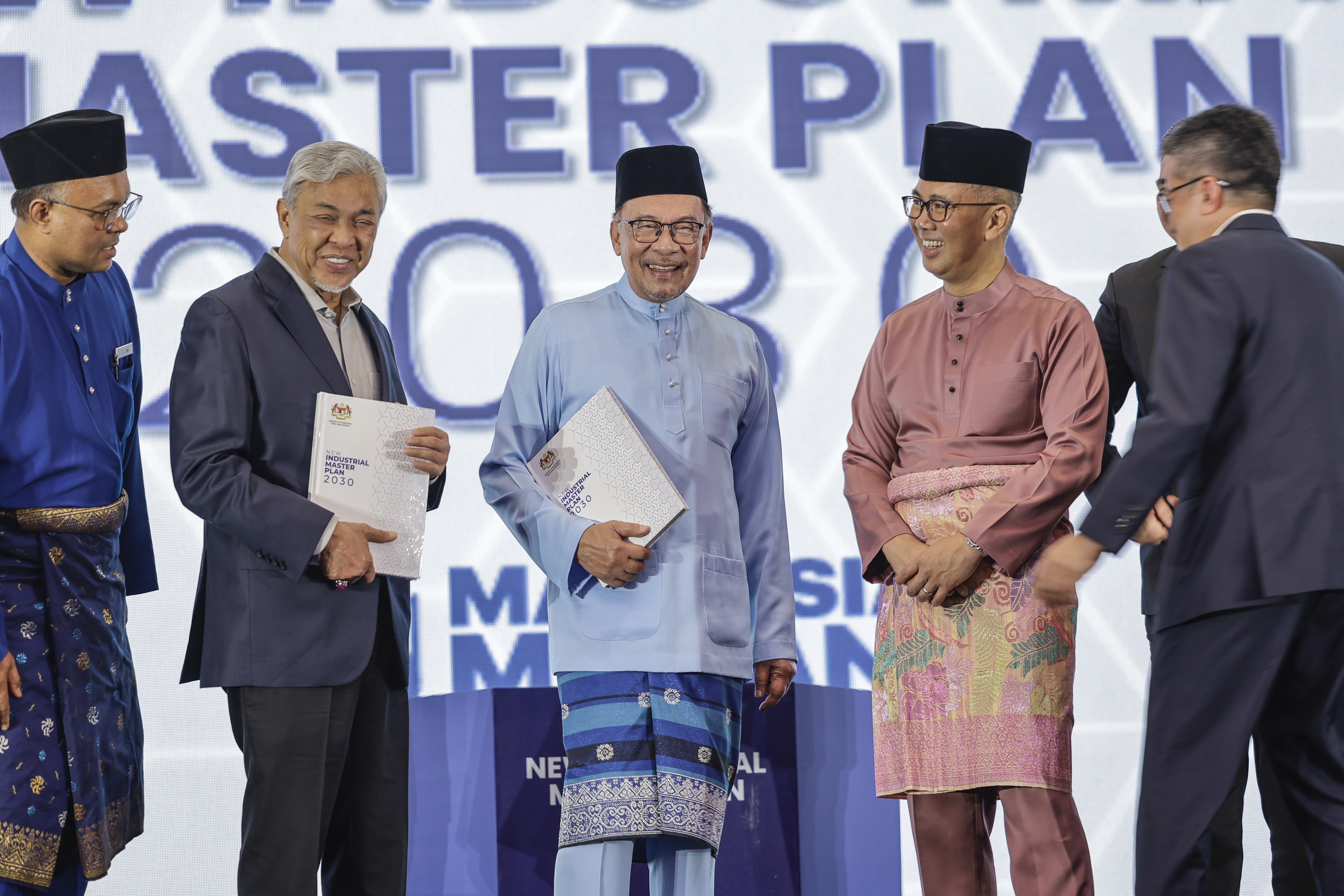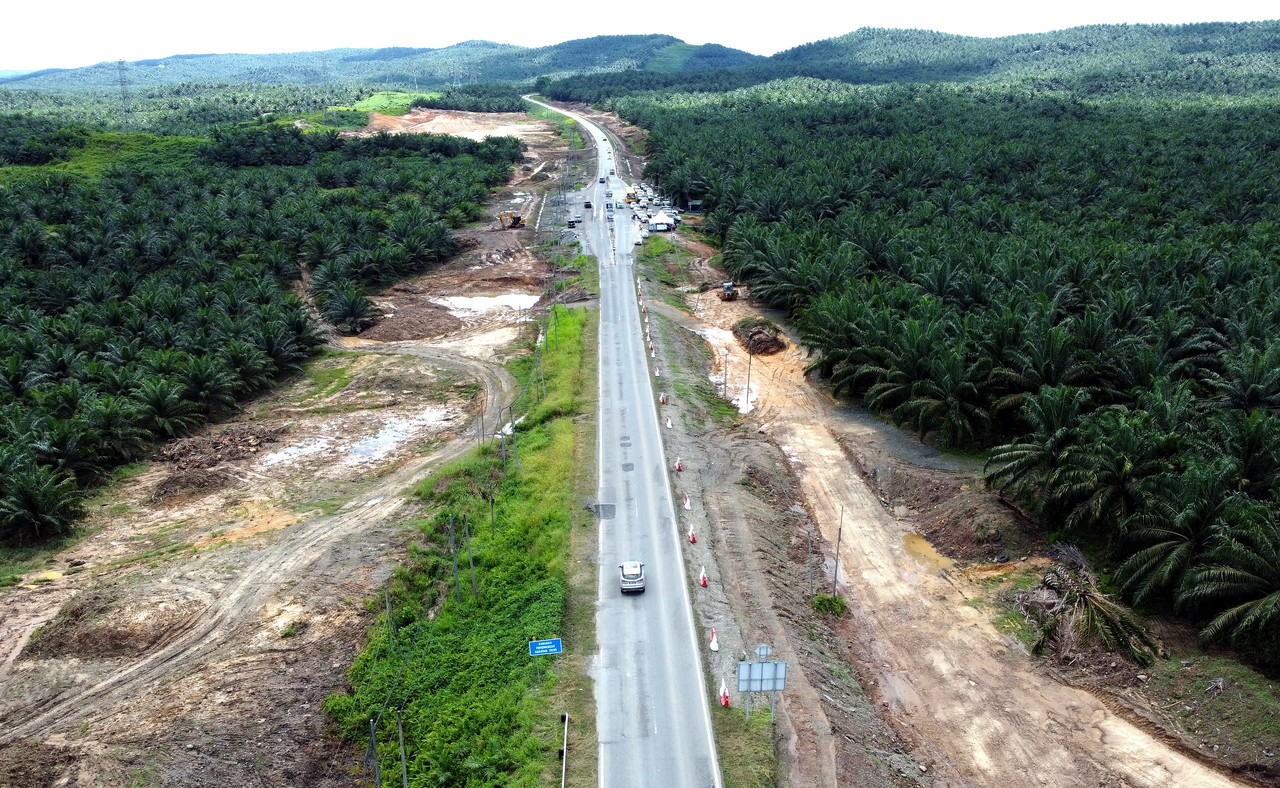KUALA LUMPUR, Aug 28 — The government is prioritising key projects like the National Semiconductor Strategic Plan and the Johor-Singapore Special Economic Zone, while ensuring that development in other states is not neglected under the Madani Economy and the New Industrial Master Plan 2030.
Prime Minister Datuk Seri Anwar Ibrahim said the Madani Economy framework ensures that no state is marginalised, with allocations tailored to each state’s needs.
Development expenditure for less developed states between 2022 and 2025 demonstrates the government’s commitment to narrowing regional disparities.
“For example, allocations for Sabah rose from RM5.2 billion (2022) to RM6.7 billion (2025); Sarawak from RM4.7 billion to RM5.9 billion; Terengganu from RM1.4 billion to RM1.8 billion; Kelantan from RM2.4 billion to RM3.2 billion; Kedah from RM1.6 billion to RM2.2 billion; and Perlis from RM0.4 billion to RM0.6 billion,” he said during the Minister’s Question Time in the Dewan Rakyat today.
Anwar, who is also the Finance Minister, was responding to Jelebu MP Datuk Seri Jalaluddin Alias's query on whether Federal infrastructure projects are focused only on certain states while sidelining others.
On Sabah and Sarawak, he said that as of December 2024, nine out of 11 work packages for the Sarawak Pan Borneo Highway project and four out of 35 work packages for the Sabah Pan Borneo Highway had been completed.
The government is continuing the Sabah Pan Borneo Highway Project at a cost of RM15.9 billion under the federal development budget, alongside other funding sources, and has also approved the Sabah Sarawak Link Road (SSLR) project worth nearly RM10 billion.
The East Coast Rail Link (ECRL), involving Pahang, Terengganu, Kelantan, and Selangor, costs RM74.96 billion, excluding the Central Spine Road in Pahang, Terengganu, and Kelantan, which is estimated at RM6.38 billion.
"These figures are consistent with the scale of the 12th and 13th Malaysia Plans (MP), which are much larger overall. Therefore, in preparing 13MP and the Budget, we aim to ensure that at least one or two state priorities are incorporated and announced in the Budget 2026 this October," Anwar said.
Responding to Beluran MP Datuk Seri Ronald Kiandee's supplementary question on delays in Sabah’s Pan Borneo Highway and SSLR compared with Sarawak, the Prime Minister said the government would accelerate implementation through a more transparent tender process to address legacy issues in contract distribution dating back seven to eight years.
"In Sabah, we prioritise pothole repairs, water supply, and the Pan Borneo Highway. However, earlier projects were burdened with stringent conditions requiring state-owned company involvement, which hampered progress.
"Many contracts had to be cancelled, while others were extended two to three times. I have resolved these so they can be retendered,” he said.
Anwar expressed confidence that the new approach — emphasising transparent tenders and the participation of capable firms, including large companies, while reserving smaller projects for local contractors — would help accelerate project delivery.


